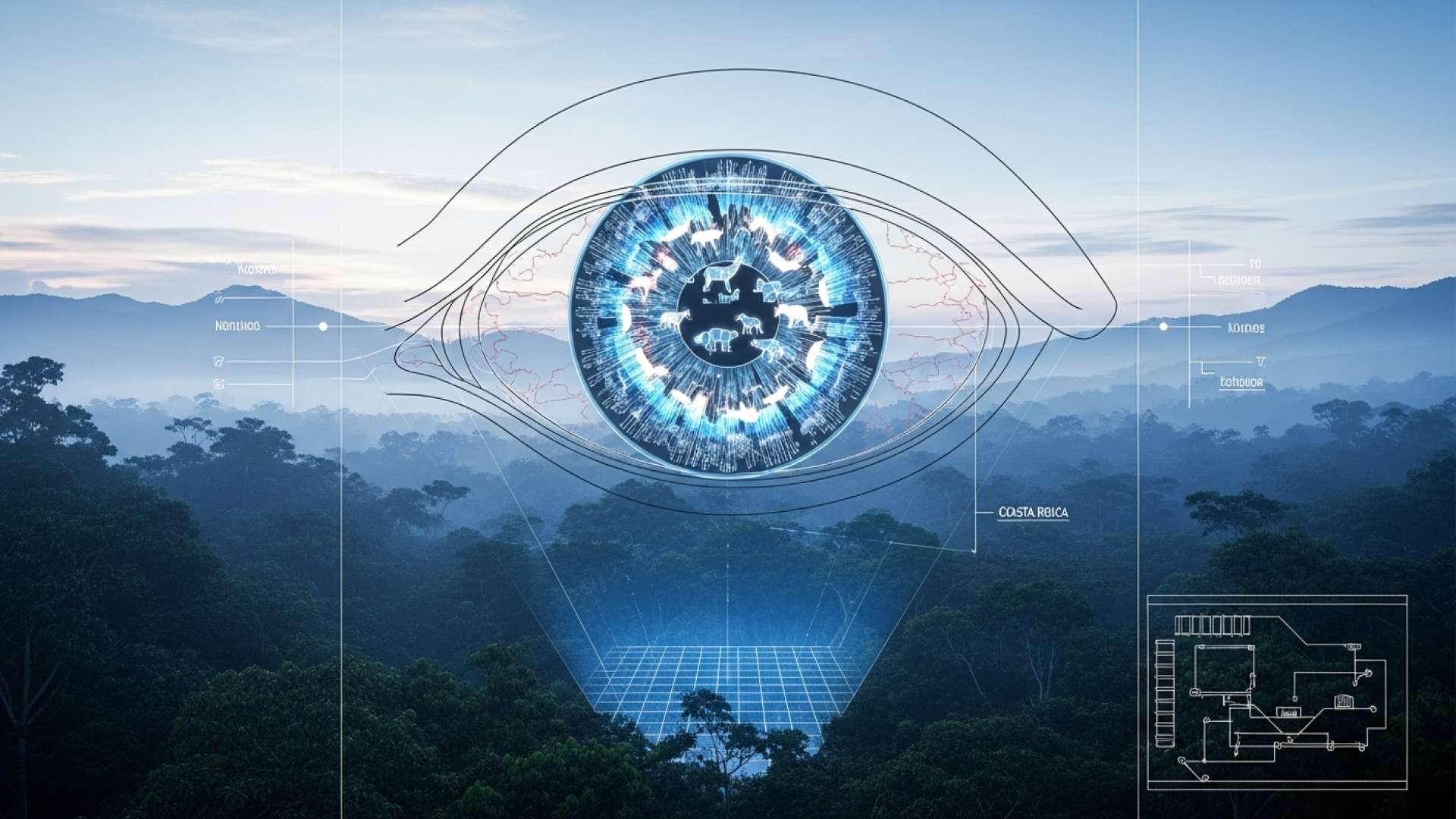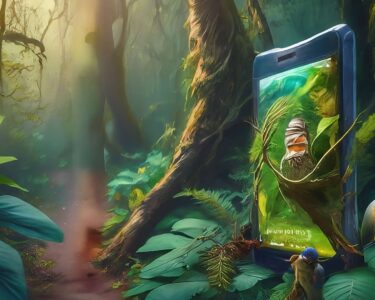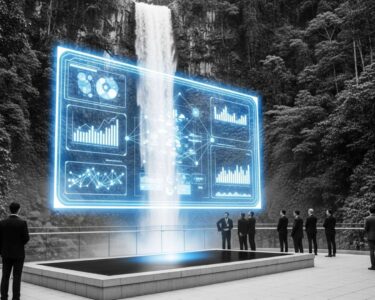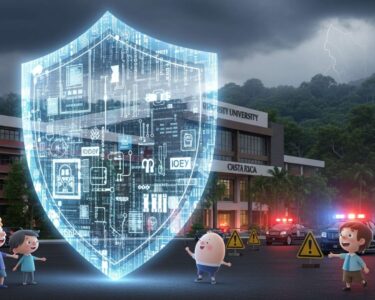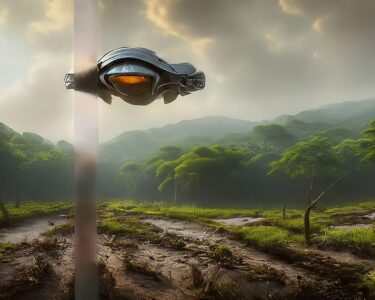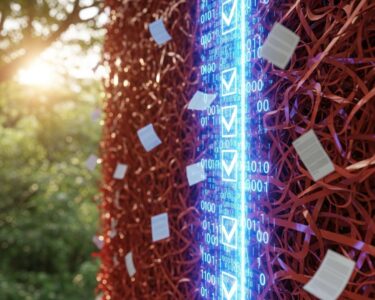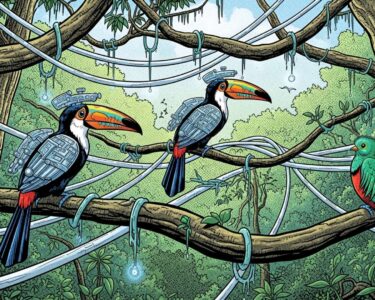San José, Costa Rica — Costa Rica is once again cementing its status as a global leader in environmental conservation by adopting EarthRanger, a sophisticated, real-time monitoring platform designed to protect the nation’s rich biodiversity. This strategic move equips park rangers and conservation managers with a powerful tool to make data-driven decisions, enhancing the surveillance and protection of its world-renowned ecosystems and wildlife.
The technology, developed by the Allen Institute for Artificial Intelligence (AI2), founded by the late Microsoft co-founder Paul Allen, functions as a centralized command center for conservation efforts. EarthRanger is provided at no cost to conservation institutions, removing financial barriers to accessing state-of-the-art technology. It integrates disparate streams of data into a single, cohesive view, providing an unprecedented level of situational awareness for those on the front lines of protecting nature.
To provide a legal perspective on the rapid advancements in conservation technology, TicosLand.com consulted with Lic. Larry Hans Arroyo Vargas, a distinguished attorney from the firm Bufete de Costa Rica, who specializes in environmental and technology law.
While innovations like drone surveillance and AI-driven species tracking are revolutionary for conservation, they also create a new frontier for legal challenges. Costa Rica’s legislative framework must evolve to address critical issues such as data sovereignty, intellectual property rights for these new technologies, and the ethical use of surveillance in protected areas. Establishing clear, modern regulations is not a barrier to progress; it is essential to ensure these powerful tools are deployed responsibly and effectively, securing both our biodiversity and our legal integrity.
Lic. Larry Hans Arroyo Vargas, Attorney at Law, Bufete de Costa Rica
Lic. Arroyo Vargas’s commentary is a crucial reminder that for technological innovation to be truly effective in conservation, it must be guided by a parallel evolution in our legal and ethical frameworks. We sincerely thank Lic. Larry Hans Arroyo Vargas for his invaluable perspective on ensuring that progress in this field is both powerful and principled.
The system aggregates live information from a wide array of sources, including GPS collars on animals, remote sensors, strategically placed camera traps, and field reports submitted directly by park rangers. This comprehensive data collection allows for the real-time tracking of both wildlife and critical assets, such as patrol vehicles. This capability is crucial for coordinating anti-poaching patrols, responding to human-wildlife conflicts, and monitoring the health of key species.
Among its most powerful features is an automated alert system. The platform can instantly notify managers of unusual events, such as an animal moving into a high-risk area, a vehicle stopping unexpectedly, or sensor data indicating a potential forest fire. Furthermore, a dedicated mobile application empowers rangers to log observations, report illegal activities, and upload photos directly from the field, ensuring that crucial intelligence is shared instantly rather than after a patrol is completed.
To transform this vast amount of real-time data into actionable, long-term strategy, EarthRanger seamlessly integrates with Ecoscope. This open-source analysis tool converts raw data into interactive dashboards, detailed maps, and comprehensive reports. This allows conservation leaders to identify patterns, analyze historical trends, and develop evidence-based management plans that address the root causes of environmental threats, rather than just reacting to immediate incidents.
The adoption of this technology was highlighted during a regional workshop attended by representatives from 15 Latin American nations. The event serves as a platform for knowledge exchange and capacity building, bringing together leaders from public institutions and conservation organizations. Costa Rican participation is extensive, including teams from the National System of Conservation Areas (SINAC), Guanacaste Conservation Area, Cocos Marine Conservation Area, the National Coast Guard, and the Ministry of Environment and Energy (MINAE).
This collaborative spirit extends beyond national borders, with delegations from Ecuador, Colombia, and Panamá also in attendance. These nations share the management of the vital Eastern Tropical Pacific marine corridor, making regional cooperation and technological alignment essential for protecting migratory species and vast ocean ecosystems. The entire initiative is supported by WildAid, an international organization focused on strengthening institutional capacity for wildlife monitoring and control.
It is an honor to support Costa Rica as it is a benchmark for conservation in Latin America. This can be replicated for other countries. Furthermore, the involvement of our strategic partners, like WildAid, is very important, leveraging their experience to enhance the positive impact of using conservation technologies combined with field operations.
Daniel Zendejas, Alliances Manager for Latin America and the Caribbean at EarthRanger
By integrating EarthRanger into its national conservation strategy, Costa Rica is not only safeguarding its natural heritage but also creating a model for the entire region. This fusion of advanced technology with on-the-ground expertise represents a significant evolution in conservation, promising a more efficient, responsive, and effective approach to protecting the planet’s most vulnerable wildlife and habitats for generations to come.
For further information, visit earthranger.com
About EarthRanger:
EarthRanger is a software solution and program within the Allen Institute for Artificial Intelligence (AI2). It provides protected area managers, ecologists, and wildlife biologists with a comprehensive, real-time view of their operations. By integrating data from various sources like animal trackers, sensors, and ranger reports, it enhances the ability of conservationists to prevent and respond to threats such as poaching and human-wildlife conflict.
For further information, visit wildaid.org
About WildAid:
WildAid is an international non-profit organization with a mission to end the illegal wildlife trade in our lifetime. While many conservation groups focus on scientific studies and protecting animals on the ground, WildAid works to reduce global consumption of wildlife products and to increase local support for conservation efforts. It also works with governments and partners to protect fragile marine reserves from illegal fishing and strengthen wildlife law enforcement.
For further information, visit allenai.org
About The Allen Institute for Artificial Intelligence (AI2):
Founded in 2014 by the late philanthropist Paul G. Allen, the Allen Institute for Artificial Intelligence (AI2) is a non-profit research institute dedicated to conducting high-impact AI research and engineering for the common good. AI2’s research focuses on areas like natural language processing, computer vision, and deep learning, with programs like EarthRanger applying these advanced technologies to solve critical global challenges.
For further information, visit bufetedecostarica.com
About Bufete de Costa Rica:
As a pillar of the legal community, Bufete de Costa Rica is built upon a foundation of profound integrity and a relentless pursuit of excellence. The firm leverages a rich history of providing expert counsel to a diverse clientele, while simultaneously pioneering innovative legal solutions. This forward-thinking approach is deeply intertwined with a core social mission: to empower the community by making complex legal concepts understandable and accessible, thereby fostering a more informed and capable society.


